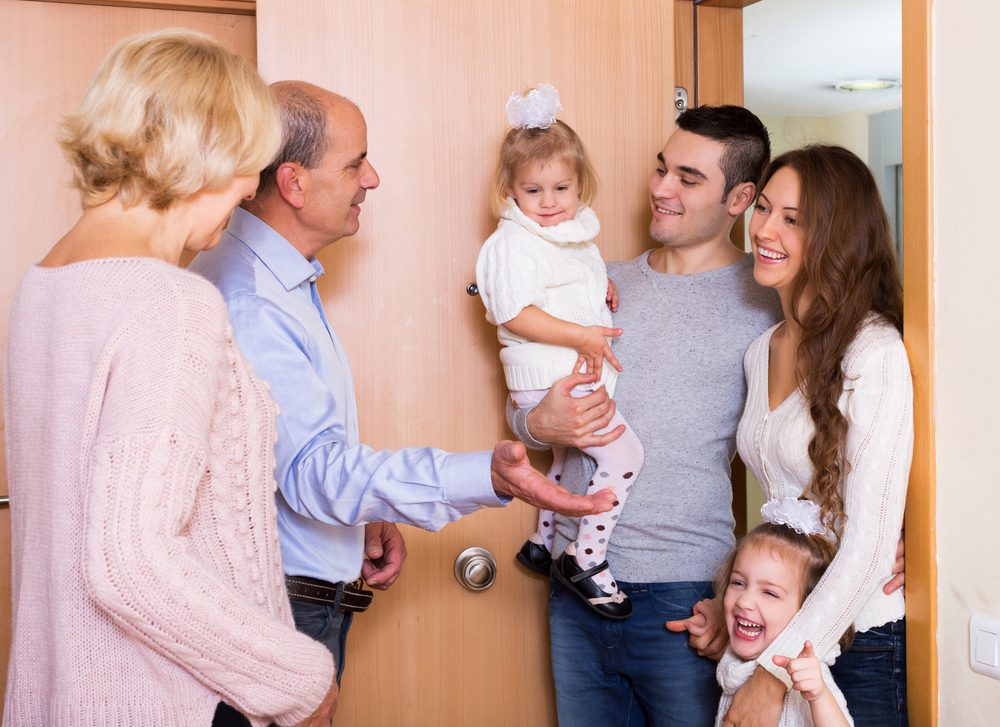
Life during a pandemic is definitely not easy. While we are trying to accept that it will not be the same, at least not for a while, it’s hard to cope with some of the things we are not allowed or not recommended to do like visiting family and friends.
According to health officials, coronavirus will not fade away anytime soon. Therefore, it’s up to you to stop the virus from spreading and protect the people who are more vulnerable, such as your parents, grandparents, or loved ones with chronic health conditions.
You might miss your family but before you actually pay them an in-person visit, consider taking these additional safety measures as well.
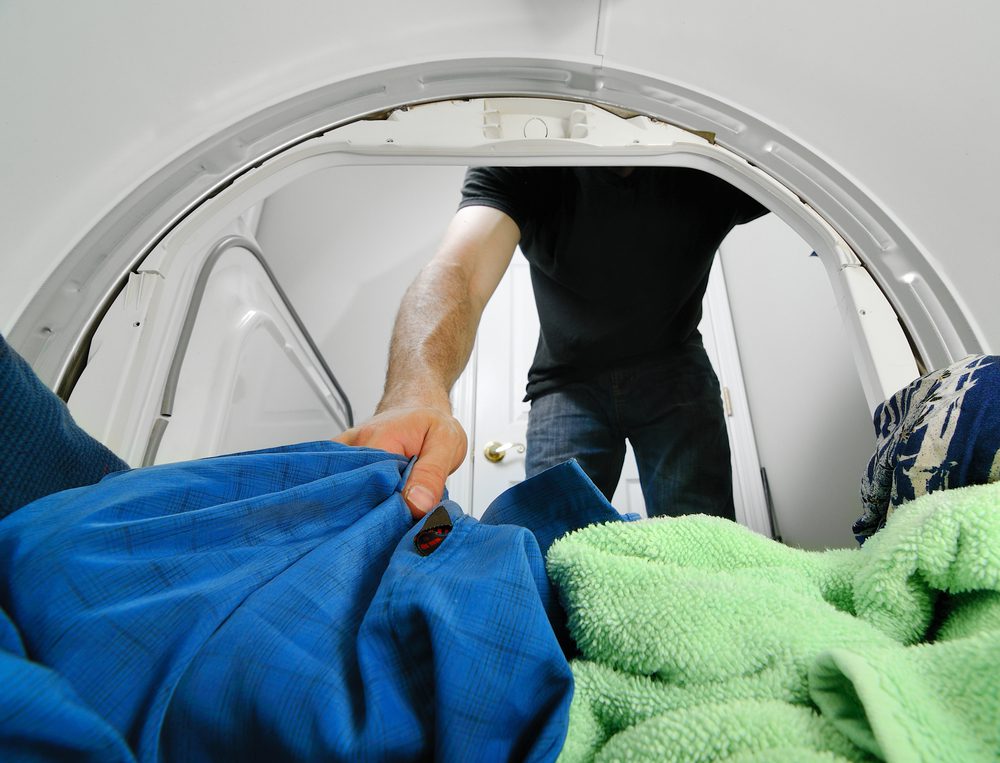
Launder your clothes
We all know by now that washing our hands is one of the best measures to protect ourselves and our loved ones from catching the novel coronavirus. According to the CDC, there’s also something else you need to wash as thoroughly as possible, especially if you’re planning on visiting your parents, other family members or friends: your clothes.
According to Nancy Swanger, PhD, founding director at Granger Cobb Institute for Senior Living, we should “practice great personal hygiene and put on freshly laundered clothing for the visit—don’t wear the jacket you wore to the grocery store the day prior.” Researchers are still trying to determine how long the virus can survive on fabric. But many clothes have plastic or metallic details on them, and we do know that coronavirus can live on plastic and stainless steel for up to 3 days. So, play it safe and launder your clothes before visiting someone.
Read also 18 Apparently Harmless Habits That Increase Your Coronavirus Risk.
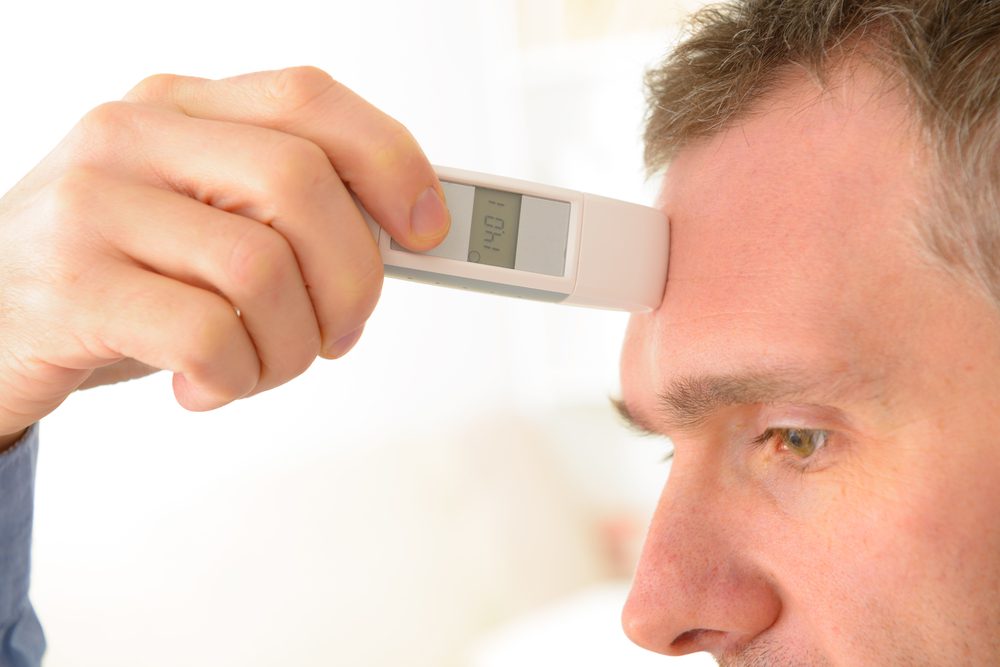
Take your temperature
Coronavirus can affect people in various ways. One coronavirus symptom is a high temperature (37.8C or higher). Although many people may not have any symptoms at all, it’s better to be cautious about the whole thing and self-monitor on a daily basis. Before leaving your home, take your temperature and check for any signs of infection.
“Confirm you are 100 percent healthy before leaving your home—no allergy sniffles, no slight tickle in your throat, and, most importantly, no fever,” says Swanger. Here are also 14 Signs You’ve Already Had Coronavirus Earlier This Year
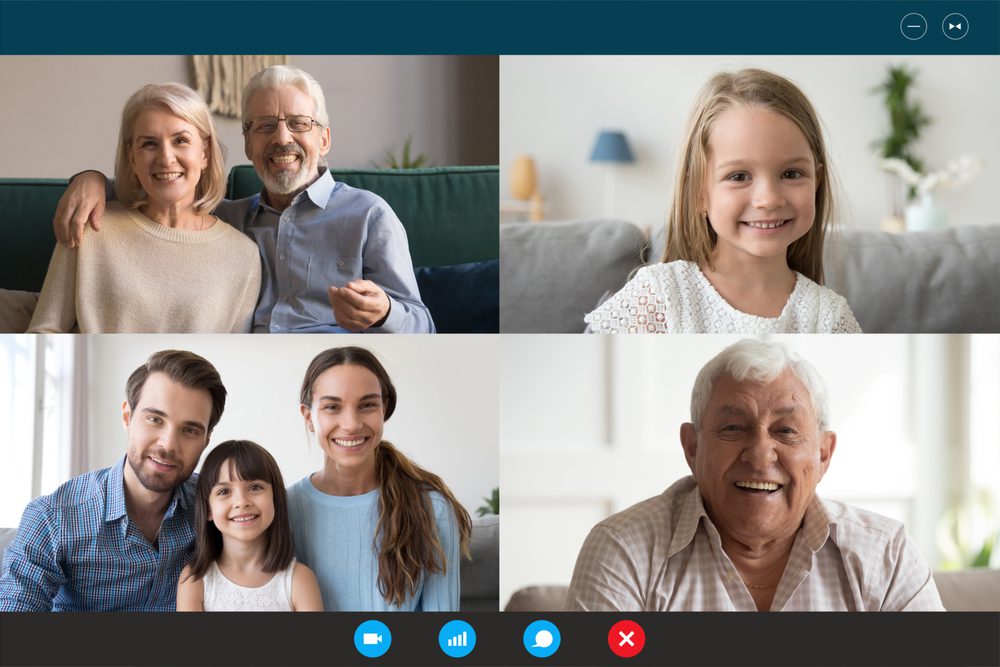
Check on your family’s condition
Before paying your parents or grandparents a visit, check on their health and ask them to evaluate their health status just like you did with yours. “Call ahead to ask family members, ‘Is anyone feeling sick or ill?’ ‘Has anyone tested positive for flu or the COVID-19 virus recently (in the past 17 days or less)?'” recommends Enchanta Jenkins, MD
It might seem weird to ask your mother to take her temperature, but there’s nothing wrong with a little prevention on everyone’s part. While you’re at it, make sure she hasn’t met anyone who tested positive for coronavirus.
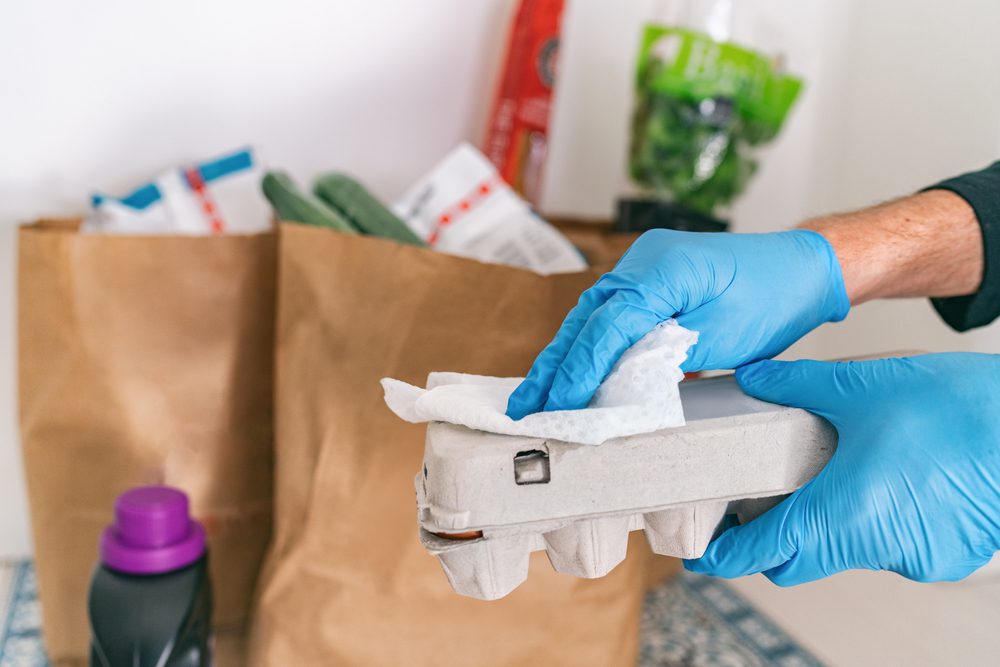
Use disinfectant spray
If your visit is also a good opportunity to help your family and prevent them from going to crowded places like the supermarket, by bringing groceries or other items to them, don’t forget about the disinfectant spray. You can never be too careful. “We know that the virus can remain on surfaces for periods of time,” says writer and medical researcher Tracey Evans. “With this in mind, people should be washing as many items as is possible.”
Speaking of groceries, stay safe with these Grocery Store Shopping Tips During the Coronavirus Pandemic.
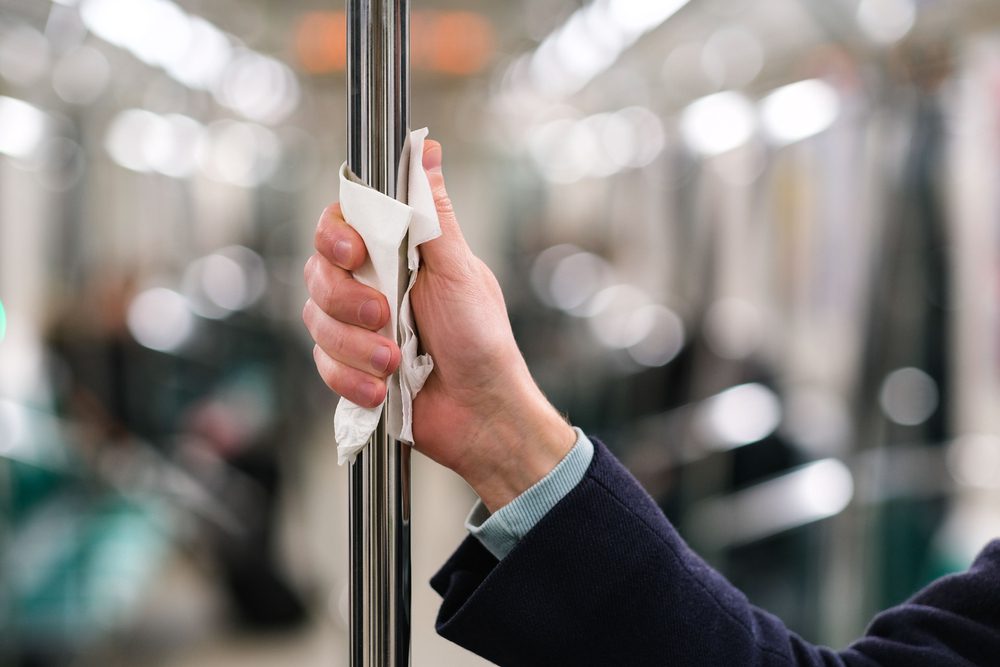
Avoid public transportation
Sitting in enclosed spaces such as subways, trams or buses, for extended periods of time can increase the risks of contracting the novel coronavirus. According to Dr. Shengjie Lai, lead author of a study carried out in China’s high-speed trains, “the findings suggest that during the COVID-19 epidemic it is important to reduce the density of passengers and promote personal hygiene measures, the use of face coverings and possibly carry out temperature checks before boarding.”
Another way to avoid becoming infected with COVID-19 is to limit your trips, avoid peak-times or simply avoid using public transportation whatsoever. “Avoid taxis, Ubers, and Lyfts because they involve sitting in enclosed, close quarters with people who share enclosed, close quarters with those most likely to have maximum exposure to other people,” says Simone Collins, CEO of Travelmax. And if you have your own car, avoid these 7 Dangerous Mistakes You’re Making Every Time You Use Your Car.

Think about those at a higher risk
You may be tired of all the Skype calls and Facetime conversations, but this doesn’t mean you shouldn’t remain committed to social distancing for your own good and for the sake of your family and friends. You might not be among the groups of people with higher risks of catching coronavirus, but some of your family members might be.
“Very carefully consider who is at risk (elderly, pregnant, infant, at risk of developing pulmonary fibrosis, smoker, asthma, etc.) and how much exposure to crowds you might have to undergo to see them,” says Collins. “The visit might not be worth the risk.” If you want to take more precautionary measures, here are 7 Risky Activities You Shouldn’t Be Doing With Friends Right Now.























